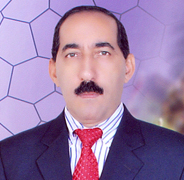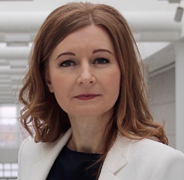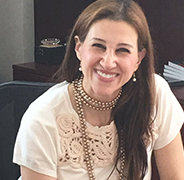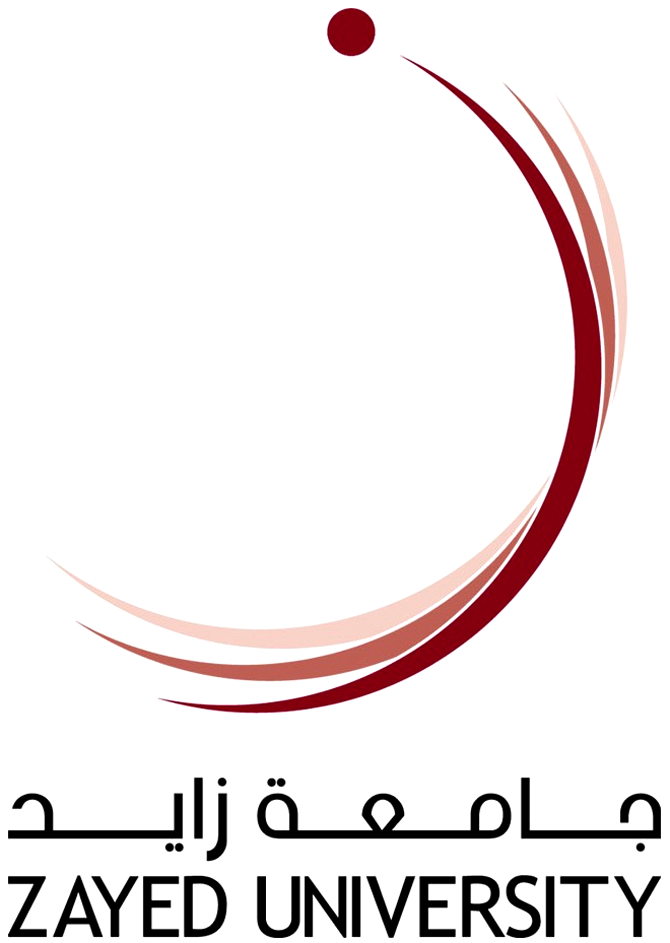Keynote Speakers

UAE University,
Al-Ain
United Arab Emirates
Bio
Ali Shehadeh is a Professor of Applied Linguistics and TESOL in the Department of Curriculums and Methods of Instruction, College of Education, UAE University. He was the Chair
and Professor of the Department of Linguistics, UAE University. He has taught under- and graduate courses in Applied Linguistics, Second Language Acquisition (SLA) and TESOL.
He supervised or sat on the committees of over 35 Master’s and Doctoral dissertations in the region and beyond. He has published in top-tier research journals in the field of
Applied Linguistics and TESOL including Language Learning, TESOL Quarterly, System, Journal of Applied Linguistics, and ELT Journal. Dr. Shehadeh has a total of 80+ publications
to his name. Dr. Shehadeh is part of the largest encyclopedia project in the world on TESOL, the 8-volume print (14-volume online) encyclopedia titled The TESOL Encyclopedia of
English Language Teaching, published in 2018. Dr. Shehadeh is the editor of Volume II: Approaches and Methods in English for Speakers of Other Languages.
Plenary speech title
Task-Based Language Teaching: Looking Back and Moving Forward
Plenary speech abstract
Task-based language teaching (TBLT) stood the test of time for well over two decades. During these 20-25 years TBLT has expanded and still expands in range, scope, complexity and importance as an approach and methodology to second/foreign language (L2) learning, teaching and assessment. No wonder that many teachers around the world are shifting their teaching practices toward TBLT based on the strong belief that TBLT facilitates second language acquisition (SLA) and makes L2 learning and teaching more principled and more effective. It is well established now that this belief is supported by both theoretical and pedagogical considerations. However, TBLT is yet to exploit its full potential. In this speech, I will first identify the various theoretical and pedagogical bases of TBLT. Next, I will present an overview of the current landscape of TBLT. After that, I will outline potential areas for moving TBLT research and implementation forward.

The State University of New York
Buffalo,
USA
Bio
Professor Brutt-Griffler brings more than 20 years of research, senior level administration, and university teaching in language
education in the USA and internationally, including at the State University of New York (USA), the University of Vienna (Austria) and the University
of York (UK). She served as an external evaluator for academic programs and universities in the Middle East, including in the Kingdom of Saudi Arabia.
She is the Academic Vice Dean of Education and Language Programs at the State University of New York, and she has served as the Head of the Department
of Educational Leadership and Policy, and Director of the Research Center in Comparative and Global Education. In these roles, she has directed research
teams, large scale projects and programs, developed academic curricula and mentored more than 20 faculty and 225 graduate students annually in research
and teaching.
Professor Brutt-Griffler has published numerous books and peer-refereed articles in prestigious venues focusing on contemporary issues in
English and multilingual education, literacy development among young learners, teacher and school leader professional development, policy development
and dual-language programming to improve educational experiences among all students. Her books include World English: A Study of its Development (winner
of an award from the Modern Language Association of the US), Bilingualism and Language Pedagogy, and English and Ethnicity. She is the editor of the
International Journal of Applied Linguistics (Wiley-Blackwell).
Plenary speech title
Developing bilingual literacy among young learners in the area of global English: research and policy implications
Plenary speech abstract
The shift in the function of English as a medium of instruction (EMI) together with its use in knowledge construction and dissemination among
scholars continues to fuel the global demand for high-level proficiency in the language. The ability of nations to produce multilinguals with
advanced English proficiency alongside their mastery of other language(s) has become a key to global competitiveness. That need is helping to
drive one of the greatest language learning experiments the world has even known. It carries significant implications for new research agendas
and teacher preparation in applied linguistics across the K-20 continuum. This plenary will discuss this global trend and identify new research
foci. I will argue that evidence-based decision making, whether it pertains to language policy, instructional practices, teacher professional
development or curriculum building needs to be based on a rigorous program of research and assessment. The plenary will share research findings
and pedagogical approaches from two large-scale studies that have focused on development of writing and literacy among young bilingual learners
and dual language curricula. It introduces a new theoretical construct – multilingual proficiency – to underscore the knowledge that the learner
develops in the process of language learning that constitutes the surest route to the desired high levels of language proficiency. I highlight
the advantages of a student-centered approach that focuses on multilingual proficiency for teachers, underscores the key role of bilingual
teachers, and draws out conclusions for teacher development and language policy.

Zayed University,
Dubai,
United Arab Emirates
Bio
Hanada Taha Thomure, Ph.D., is the Endowed Professor of Arabic Language and Chair of the Arabic Department at Zayed University. Previously, she served for six years as Acting Dean &
Associate Dean of Bahrain Teachers College. She also served as the Director of Arabic Programs at San Diego State University. Professor Taha Thomure founded the Arabi21 project with a grant from the Arab Thought Foundation and has been managing the project since 2015. She serves on the Saudi Arabia Committee for Human Capacity Development since 2018 as part of its 2030 Vision. In addition, she serves on the board of trustees of H.H Shaikh Mohammad Bin Rashid Arabic Award. Professor Taha Thomure reviewed the national Jordanian Arabic language curriculum and wrote the 10-year educational reform policy commissioned by the Queen Rania Foundation. Moreover, Professor Taha Thomure evaluated the Arabic language national curriculum in Morocco commissioned by the MOE and USAID in 2015 -2016 and has been advising the Moroccan government on Arabic language reform since 2014. Professor Taha’s research is mostly focused on Arabic language teaching and learning.
Plenary speech title
“Unless someone like you cares a whole awful lot, nothing is going to get better. It's not." - Dr. Seuss
Plenary speech abstract
Arabic language education has been weighted down by several linguistics, political and pedagogic factors that have stalled its movement into
the 21st century. Today, however, we might be witnessing unprecedented efforts and care to change that and to start looking at it as a world
language that deserves better. This speech will address some of the challenges that have impeded the the adequate learning of Arabic language
and will focus on the success stories that have been emerging slowly yet surely from standards based instruction to literacy coaching to text
leveling initiatives, reading challenge, international test results and talk about national literacy strategies. All this could be the impetus
to a renaissance that is quietly inspiring the field to rise and change.

University of Puerto Rico
San Juan,
Puerto Rico
Bio
Kevin S. Carroll, PhD, is Associate Professor in the Department of Graduate Studies at the University of Puerto Rico, Río Piedras. Dr. Carroll is a widely published scholar who has presented in a variety of local and international forums. He has worked in the fields of teaching English as a second Language, bilingual education and language policy and planning. For two years, Dr. Carroll had the privilege of working at Emirates College for Advanced Education in Abu Dhabi, UAE where he documented translanguaging practices in higher education. Such was the subject of his co-edited volume titled: Translanguaging in Higher Education: Beyond Monolingual Ideologies, published by Multilingual Matters in 2017. His current research on translanguaging in formal education works to normalize multilingualism in higher education. His research argues that professors should build on students’ linguistic repertoires in an attempt to make their teaching as meaningful as possible.
Plenary speech title
Translanguaging and the Multilingual Turn in Applied Linguistics: Implications for Research, Teaching, and Teacher Training
Plenary speech abstract
The multilingual turn in Applied Linguistics and TESOL has forced researchers and practitioners to re-think the strict division of languages inside the classroom. This presentation will provide a brief overview of how both fields have moved toward promoting multilingualism through building on students' linguistic repertoires. Using data from the United Arab Emirates, the author will document professors’ willingness and apprehension regarding the use of Arabic in English-medium courses. Additionally, the author will provide specific strategies to help attendees implement a translanguaging pedagogy without disobeying institutional language policies. Translanguaging and the multilingual turn have major implications on how we conduct research, institutional hiring practices, as well as how teaching personnel use language in and outside of the classroom. Ultimately, this presentation will argue that professors and institutions in the Arabian Peninsula should work to build on the rich linguistic repertoires that students bring into the classroom, yet such adoption can be challenging, particularly for students and professors who have grown up with strong monolingual ideologies.




